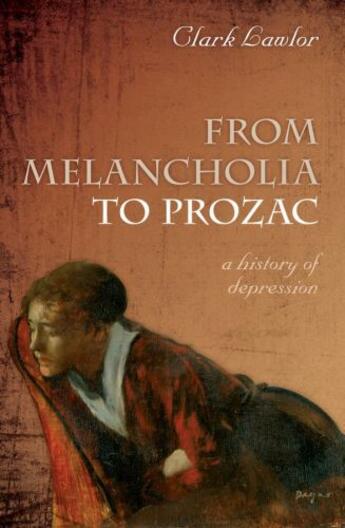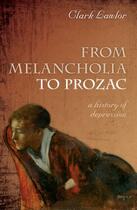-
Nombre de pages : (-)
-
Collection :
(-)
-
Genre :
(-)
-
Thème :
Non attribué
-
Prix littéraire(s) :
(-)
Résumé:
Depression is an experience known to millions. But arguments rage on aspects of its definition and its impact on societies present and past: do drugs work, or are they merely placebos? Is the depression we have today merely a construct of the pharmaceutical industry? Is depression under- or... Voir plus
Depression is an experience known to millions. But arguments rage on aspects of its definition and its impact on societies present and past: do drugs work, or are they merely placebos? Is the depression we have today merely a construct of the pharmaceutical industry? Is depression under- or over-diagnosed? Should we be paying for expensive 'talking cure' treatments like psychoanalysis or Cognitive Behavioural Therapy?
Here, Clark Lawlor argues that understanding the history of depression is important to understanding its present conflicted status and definition. While it is true that our modern understanding of the word 'depression' was formed in the late nineteenth and early twentieth centuries, the condition was originally known as melancholia, and characterised by core symptoms of chronic causeless sadness and fear. Beginning in the Classical period, and moving on to the present, Lawlor shows both continuities and discontinuities in the understanding of what we now call depression, and in the way it has been represented in literature and art. Different cultures defined and constructed melancholy and depression in ways sometimes so different as to be almost unrecognisable.
Even the present is still a dynamic history, in the sense that the 'new' form of depression, defined in the 1980s and treated by drugs like Prozac, is under attack by many theories that reject the biomedical model and demand a more humanistic idea of depression - one that perhaps returns us to a form of melancholy.
Donner votre avis
















